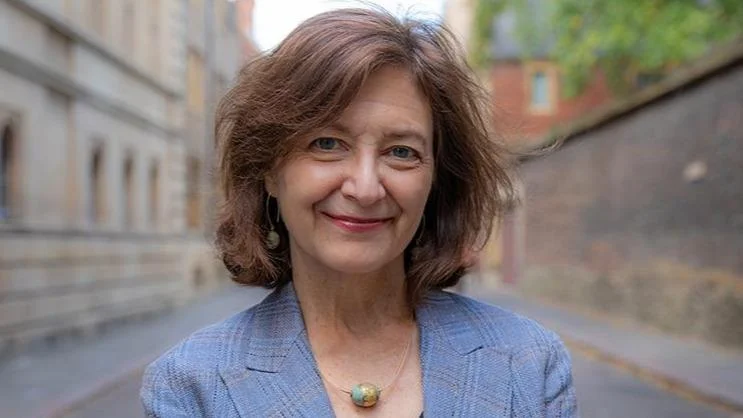The University of Cambridge's Memory Lab is offering insights into the complex nature of memory. By integrating over a century of research, the lab aims to improve, preserve, and understand human memory.
Professor Jon Simons from the Department of Psychology describes memory as "a distinct pattern of brain activity, a blueprint for future behaviour, or a skill that we can improve with a little training." The lab studies various aspects of memory through online tasks, laboratory tests, and MRI scans.
Simons highlights the role of different brain areas in forming memories: “We know that the hippocampus is crucial for forming new memories, but it’s not necessarily the permanent storage site. For long-term storage, we also recruit cortical areas – the frontal lobes, temporal lobes, parietal lobes and more.”
The research delves into short-term and long-term memory distinctions. Alan Baddeley's 'working memory' model proposes separate systems for handling different inputs. Meanwhile, Sir Frederic Bartlett's work demonstrated how culture influences recall.
Brenda Milner's study on patient Henry Molaison showed how removing his hippocampus affected his ability to form new memories. This research emphasized the hippocampus' importance in memory function.
Current studies at Cambridge explore what contributes to exceptional memory performance. Professor Simon Baron-Cohen's team investigates traits like ‘systemising’ found in people with strong analytical skills. According to Simons: “There's a psychological trait called ‘systemising’. It's found in people who have a drive to analyse and construct rule-based ways of thinking.”
Memory enhancement strategies are also explored. Simons suggests using mnemonics involving spatial thinking: “Mnemonics are an evidence-based technique that can improve our memories.” He advises making triggers distinctive to aid recall.
Stress reduction is another focus area: “When anxious thoughts flood our minds, they compete for space in our working memory and impair our ability to recall long-term memories.” Recommendations include maintaining a healthy lifestyle and practicing mindfulness.
Cambridge researchers continue to build on past discoveries about memory's intricate patterns. Those interested in participating in Memory Lab studies can contact them directly.
For further reading on mental resilience and anxiety management techniques by Dr Barbara Sahakian, Dr Christelle Langley, and Dr Olivia Remes are recommended resources.

